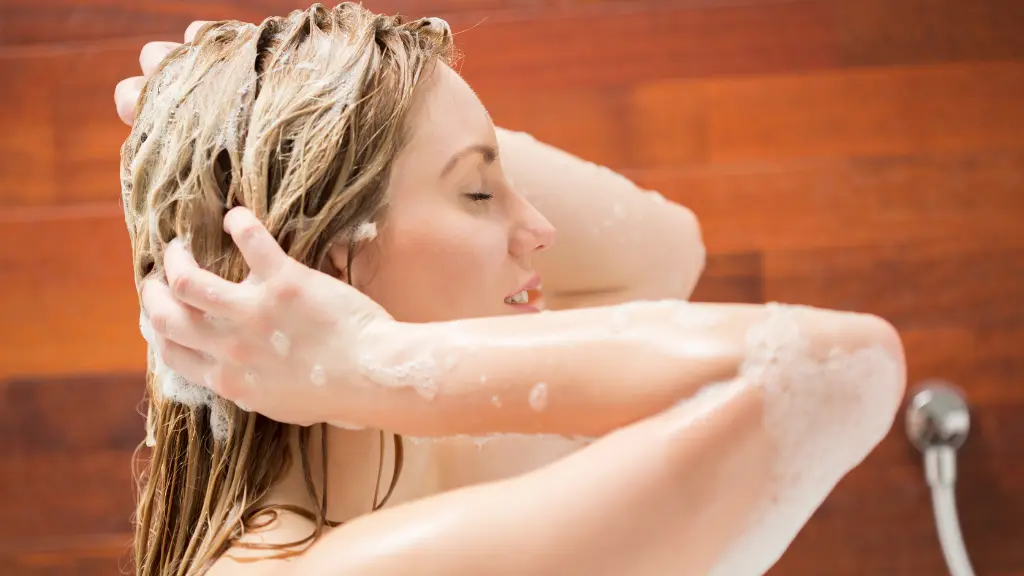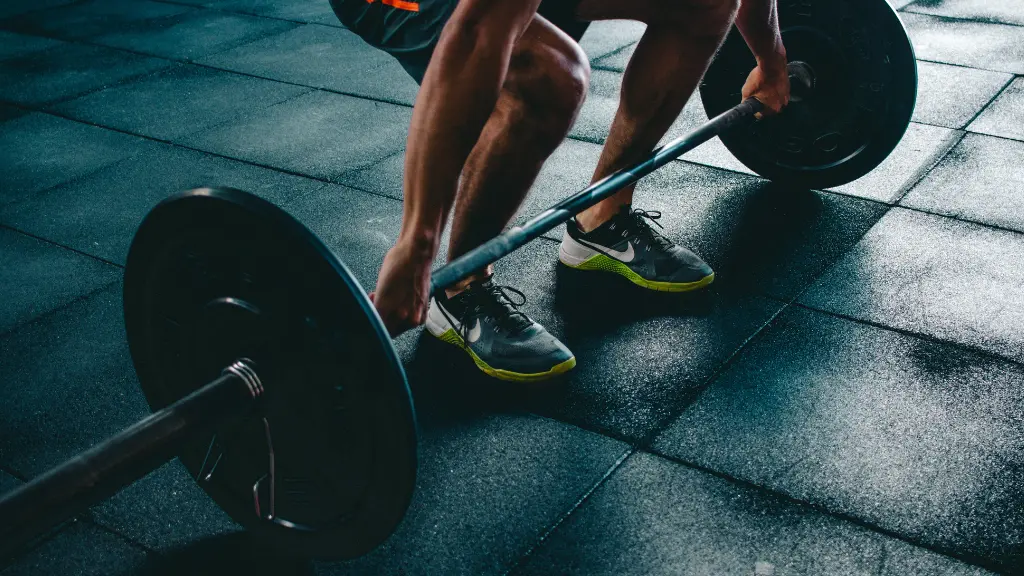Washing your hair is part of your daily routine. But is it necessary to do it every day? Many people wonder if washing their hair daily is bad for their scalp and hair health.
This article explores the effects of daily hair washing, factors that influence your hair care routine, and recommendations for keeping your hair healthy.
You May Also Like: The Effects of Spicy Food on Your Body
The Science Behind Hair Washing
Hair washing removes dirt, oil, and product buildup. The scalp produces sebum, an oily substance that keeps your hair moisturized. However, washing too frequently can strip away natural oils, leading to dry and brittle hair.
Understanding Hair Types
Before deciding how often to wash your hair, consider your hair type:
- Straight Hair: This type tends to get greasy quickly. People with straight hair may need to wash it every day or every other day.
- Wavy Hair: Wavy hair can handle longer periods without washing. Two to three times a week is often sufficient.
- Curly Hair: Curly hair is naturally drier. Washing it once a week is often best, as it helps retain moisture.
- Coily Hair: Like curly hair, coily hair benefits from less frequent washing to maintain its natural oils.
Knowing your hair type is crucial for developing the right washing routine.
The Impact of Daily Washing on Hair
Daily hair washing can have different effects based on your hair type, scalp condition, and the products you use.
Dryness and Damage
Frequent washing can lead to dryness and damage. Shampoo contains cleansing agents that strip natural oils. This can result in:
- Dry Scalp: A dry scalp can cause flaking and irritation.
- Brittle Hair: Over-washing can weaken hair strands, leading to breakage.
Oily Scalp
Some people with oily hair feel they must wash their hair daily to control grease. However, this can create a cycle. The more you wash, the more oil your scalp may produce to compensate. This can lead to a perpetual need to wash your hair.
Product Buildup
If you use styling products regularly, daily washing may be necessary to remove buildup. However, it’s essential to use a gentle, sulfate-free shampoo to avoid stripping your hair of moisture.
Signs You May Be Over-Washing
Recognizing signs of over-washing is essential for your hair’s health. Here are some indicators:
- Itchy or Flaky Scalp: If your scalp feels itchy or shows flakes, it may be a sign of dryness from too much washing.
- Frizzy Hair: Over-washed hair often becomes frizzy due to a lack of moisture.
- Dull Appearance: If your hair looks lackluster and lifeless, it may be time to cut back on washing.
- Increased Oiliness: If you find yourself washing more frequently due to an oily scalp, consider adjusting your routine.
Recommendations for Healthy Hair Washing
To maintain healthy hair, consider the following tips:
Find Your Ideal Washing Frequency
Experiment with different washing frequencies. If you currently wash daily, try reducing it to every other day or a few times a week. Monitor how your hair and scalp react to the change.
Use the Right Products
Choose shampoos that suit your hair type. Look for sulfate-free formulas to avoid excessive stripping of natural oils. Conditioners are equally important. They help restore moisture and maintain hair health.
Focus on the Scalp
When washing your hair, focus on cleansing the scalp. Your scalp produces oils that need removal, while the hair strands should be treated gently. Massage shampoo into the scalp, then let the suds rinse through the lengths of your hair.
Incorporate Dry Shampoo
If you struggle with oiliness but don’t want to wash daily, consider using dry shampoo. It can absorb excess oil and refresh your hair without the need for water.
Listen to Your Hair
Pay attention to how your hair responds to changes in your routine. If your hair feels better with less frequent washing, stick to it. Everyone’s hair is unique, so find what works best for you.
The Role of Lifestyle Factors
Your lifestyle can also impact how often you should wash your hair.
Exercise
If you exercise frequently, you may need to wash your hair more often to remove sweat and buildup. However, consider using a shower cap to keep your hair dry during less intense workouts.
Environment
Environmental factors, like humidity and pollution, can influence your hair. If you live in a humid area, you may find your hair gets greasier quicker. Adjust your washing routine accordingly.
Hair Treatments
If you use hair treatments like oils or masks, you might need to wash your hair more often to remove residue. Follow the recommendations on the product for best results.
Conclusion
Washing your hair every day isn’t necessarily bad, but it may not be suitable for everyone. Understanding your hair type, lifestyle, and specific needs will help you create an effective hair care routine.
By experimenting with washing frequencies and using appropriate products, you can maintain healthy, beautiful hair.










